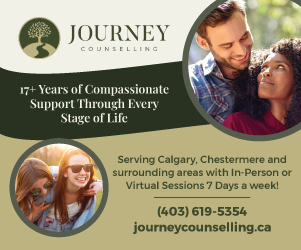Sean Benesh is a leading voice in thinking about neighbourhoods and urban culture. He has written extensively about how the dynamic and complex everyday rhythms of life in a city can add to, or diminish, a community. He says that labels in a community are something to pay attention to. Like the labels kids put on each other in the playground, we have established labels in neighbourhoods and communities, too.
I still remember the half-joking, half-mean-spirited taunts on my childhood playground. Some were silly, but some struck a chord and stayed on. I imagine that today some children still carry the weight of the labels they were given at recess time. If you’re told you’re a moron in second grade, you’re likely to believe it and even expect it. It’s hard to apply for college or a new job if deep inside you think that you are not able or worthy of what’s possible.
Sean Benesh, in his book, Intro to the City, says that labels can also cling to communities and people who live there. He writes, “For urban dwellers, the one label that many seek to avoid at all costs is … poor. It sticks to people like glue and once it’s applied it’s hard to shake off. Being poor becomes about identity; it’s how people see them and also how they see themselves. The label ends up defining who they are. Labels can be damaging. Other associated labels include slums, slum dweller, squatter, squatter community, and blight to name a few. Labels stick … and those forced to wear them end up feeling devalued as human beings. “Oh, you’re a squatter.” “You live in slum.” “That neighborhood is blighted.”
We have labels for communities here in Chestermere, too. I’ve heard racist, derogatory, ignorant, and mean-spirited labels about neighbourhoods in our city, too. Words have a way of cutting and establishing one group or area over another. Like bullies on a playground trying to set themselves up, these labels only serve to take our whole community down. Bullies, at any age, do not have the right to apply labels. There is a better way.
What labels has our city been given over the past several decades? Are we known as a place of goodness, genuine care, community vibrancy, and welcoming hospitality?
We can establish an identity for our neighbourhoods and remove damaging labels that have clung to our place. Old and destructive labels can be replaced by telling the real story of our neighbourhoods. When we host a party, we can call our neighbourhood ‘fun.’ When we rally around a family that has suffered loss, we can say with accuracy that our neighbourhood is ‘compassionate.’ By spotting what is good and true in our community, we will discover that our neighbourhood has a remarkable identity worth celebrating. This is where real labels are born.
When a neighbourhood lives into an identity that is fundamentally true about them, they, together, begin to act upon that truth. Goodness begets goodness and peace begets peace. No matter what label your community had, we can give it another because in your place there are seeds of something better waiting to be nurtured and noticed. It’s the kind of label we hope will stick.







Love this! I agree that by actively searching out and working for the good and the positive things in our community and labeling them as creates a ripple effect.